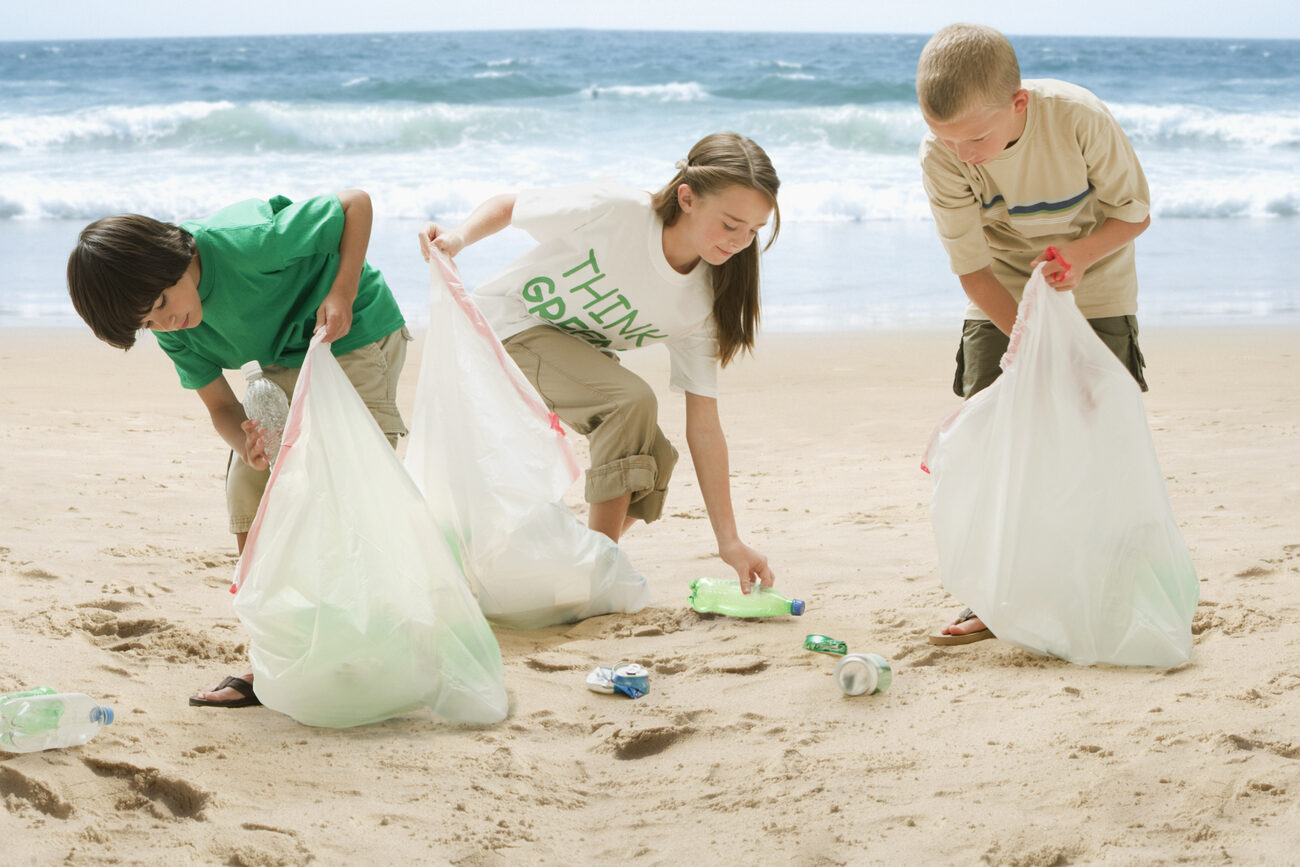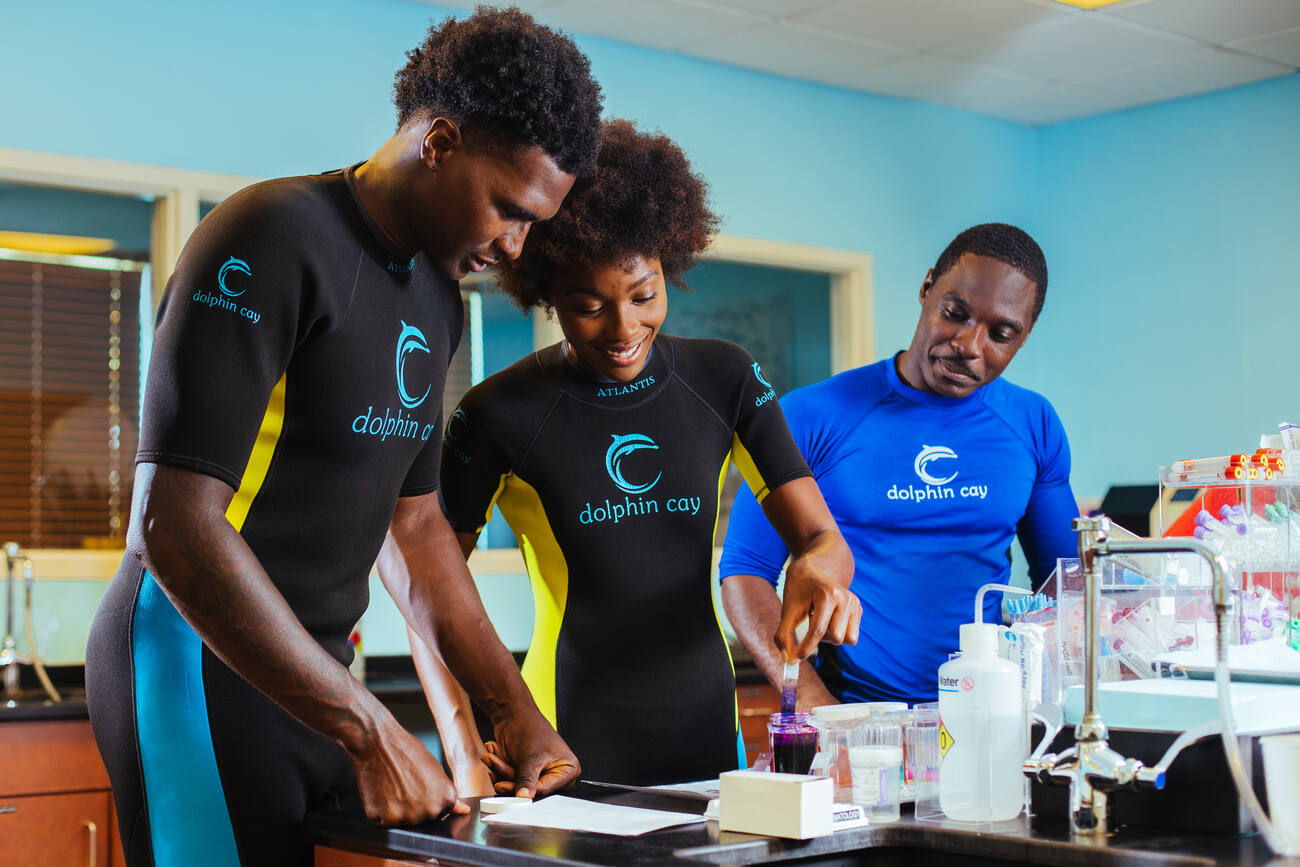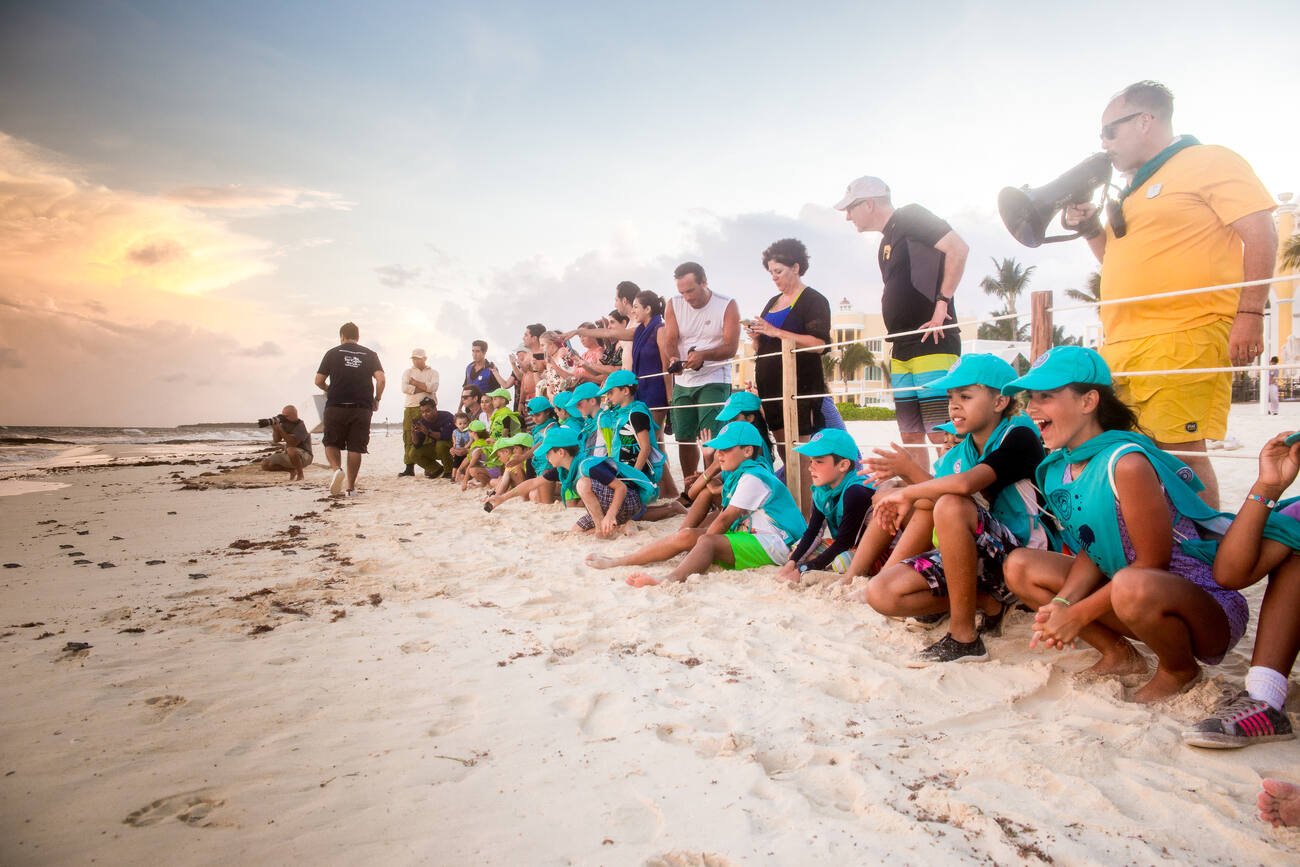Travel is back! But to keep it that way, we need to be responsible with this privilege. Here’s how.
“Responsible travel” has become a buzzword in the tourism industry. But how do you use it … well, responsibly? What does it mean to travel conscientiously and to ensure that while travel is back, it remains that way?
In this two-part series on responsible travel, we talk about the social and environmental aspects of this phrase. Because it’s up to us as individuals to make our vacations more than a vacation. And it’s up to travel authorities like you and me to show them how, to provide guidance on how travelers can instead make their trip a contribution, where they leave nothing but footprints behind.
What does it mean to be a responsible traveler?
- Treat the destination with respect. Never forget that you’re but a guest on this planet, and even more so, a guest in someone’s home when you visit someplace. Don’t litter or leave trash behind with the expectancy that someone will pick up after you. Make sure that if you’re lounging on the beach or at the pool that a staff member receives your leftovers and garbage for proper disposal, rather than just assuming someone will eventually see it.
- Making choices for sustainability. Go the greener route whenever possible, whether it’s opting for a resort that has an active sustainability program, sharing a transfer with your friends instead of separate ones, or walking back to your hotel room instead of being the single rider on the resort golf cart. It can even be simple things like turning off the lights when you leave your room and reusing your towels, or using as few of the packaged single-use toiletries at the resort. Every little bit makes a difference, and incremental impact add up fast. And when you’re packing or purchasing for your trip, try to buy reusable, recycled, and upcycled products, which have come so far they even include water bottles and swimsuits! After all, if millions are traveling and all are chipping in, that’s millions of changes every day.
- Avoiding being wasteful. Understand that amenities that “included” or “free” are not invitations to be excessive. From paper towels to toilet paper to food at the buffet and drinks at the bar, take only what you need, and go back if you underestimated. At all-inclusive resorts, especially, there is no danger of not being able to get more. And then recognize the privilege in the fact that we can safely say, there will always be more!
- Patronizing conservation- and sustainability-focused brands. We have the freedom and privilege of choosing where we spend our money, and we can push change by simple virtue of exercising that choice consciously. Many organizations are actively partnering with conservation groups through donations, sponsorship, or research, and many are even leading sustainability efforts. This is a huge investment that many hotel companies have made, with brands like Iberostar Hotels & Resorts actively regrowing coral for the reefs and working toward zero-impact properties; Atlantis, Paradise Island’s marine rescue and rehabilitation programs; Karisma Hotels & Resorts’ local supply chain practices; and AMResorts’ Rainforest Alliance commitments.
- Keeping an eye out for carbon offsetting opportunities. Leaving no trace is, unfortunately, impossible. Just living our daily lives, we use energy, create emissions, waste. But what was can do choose to support organizations wo invest in carbon offsets, which are reductions in emissions of carbon dioxide or other greenhouse gasses in one place to compensate for emissions made elsewhere. Basically, they’re green actions taken to reset the global balance, like trees planted in one forest to make up for a new build in a resort elsewhere. And according to Peter Miller of the National Resource Defense Counsel, “By investing in credible, verified offsets, everyone can help compensate for the pollution associated with their travel and contribute to solutions to the climate crisis.”
- Actively contributing to world improvement initiatives. Tourism Cares is a wonderful organization that does much for humanitarian and eco-conscious causes with a particular focus on travel. From grants and funds for non-profit and community tourism initiatives, donating to and partnering with them can help you make a difference. Also, don’t be shy about reaching out to resorts to see how you can contribute to their efforts. For example, sea turtle research and breeding is something many resorts in the Cancun area are involved with, and still more hotels in the Caribbean, Mexico, and Central America have regular beach clean-ups (I went on one with Blue Diamond’s Planet Hollywood during the #TIGetsPHamous #OnLocaTIon virtual FAM with Travel Impressions) you can join. ALG Vacations™ teams have also sponsored clean-ups, school building, community painting projects, and donation drives to help the less fortunate in the destinations we hold dear.
- Championing responsible travel. Lead by example, first and foremost, but also, don’t be shy about getting others to jump on this bandwagon. As Bryan Kinkade, the Vice President and publisher of AFAR has said, “the pent-up demand is real and means the travel industry needs to generate awareness and engage travelers now.”
Because at the end of the day, our ability to move throughout the world and experience the best of it is a privilege. It’s one that we ought to protect so that others may enjoy what we do. So that the next generation can experience that same feeling of awe, enlightenment, relaxation, or any other transformative, powerful emotional response special to that moment.
The world is ours. But responsibility for it? Consider that yours.
Now that we've covered the planet, let's cover its people. Learn What It Means to Be a Socially Responsible Traveler here!






